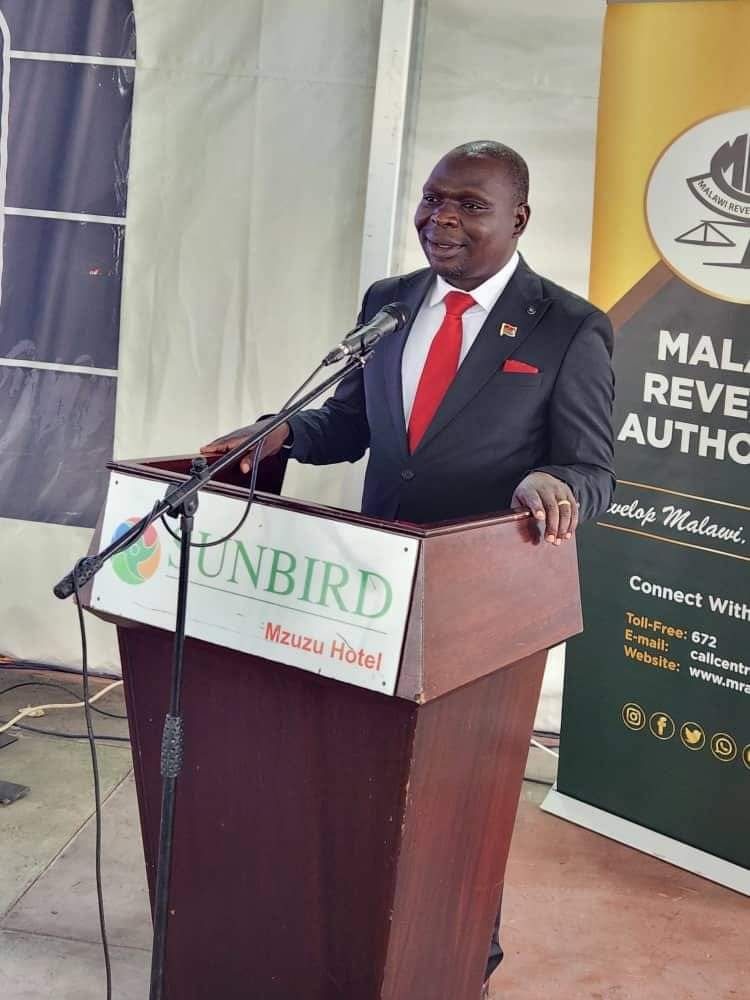By Mike Van Kamande
Multitudes of people thronged the Sunbird Mzuzu Hotel on Tuesday as the northern region took its turn to make contributions and recommendations during the third leg of the ongoing Pre-budget consultation meetings.
Speaking during the meeting Minister of Finance and Economic Affairs Simplex Chithyola-Banda said suggestions and ideas relating to tax policy and tax administration; allocation of funds to different Government Ministries, Departments and Agencies; and any Public Finance Management issues are necessary for the proper functioning of the Government.
“Malawi’s development challenges are multipronged, including vulnerability to external shocks such as those related to the impact of COVID-19 pandemic, Russia-Ukraine War and climate change. We should therefore be mindful of these issues as we submit our contributions.

“Malawi’s economic growth is mainly driven by agriculture followed by other equally significant sectors like service sectors such as banking and insurance, manufacturing, mining and tourism. In order to attain the envisioned growth, there is need to enhance growth in all the other sectors. This will in turn broaden our export base, lower inflation rates, increase tax base, reduce budget deficit and eventually reduce government borrowing which is choking the fiscal space of our National Budget,” Chithyola-Banda said.
In his maiden official engagement new Secretary to the Treasury Betchani Tchereni said the Pre-budget consultation meeting is an opportunity for people in the northern region to also contribute towards the budget and the economic development of the county.
In its contribution Church and Society Programme of the Livingstonia Synod of the CCAP Church said Malawi should abandon the affordable Input programme (AIP) because it is extremely unsustainable.

Church and Society Programme Executive Director Reverend McBowman Mulagha said AIP is bedevilled with corruption at every level.
“AIP is also highly politicized and its important that we redirect resources to agriculture extension or transport and public works or education, “ he said.


